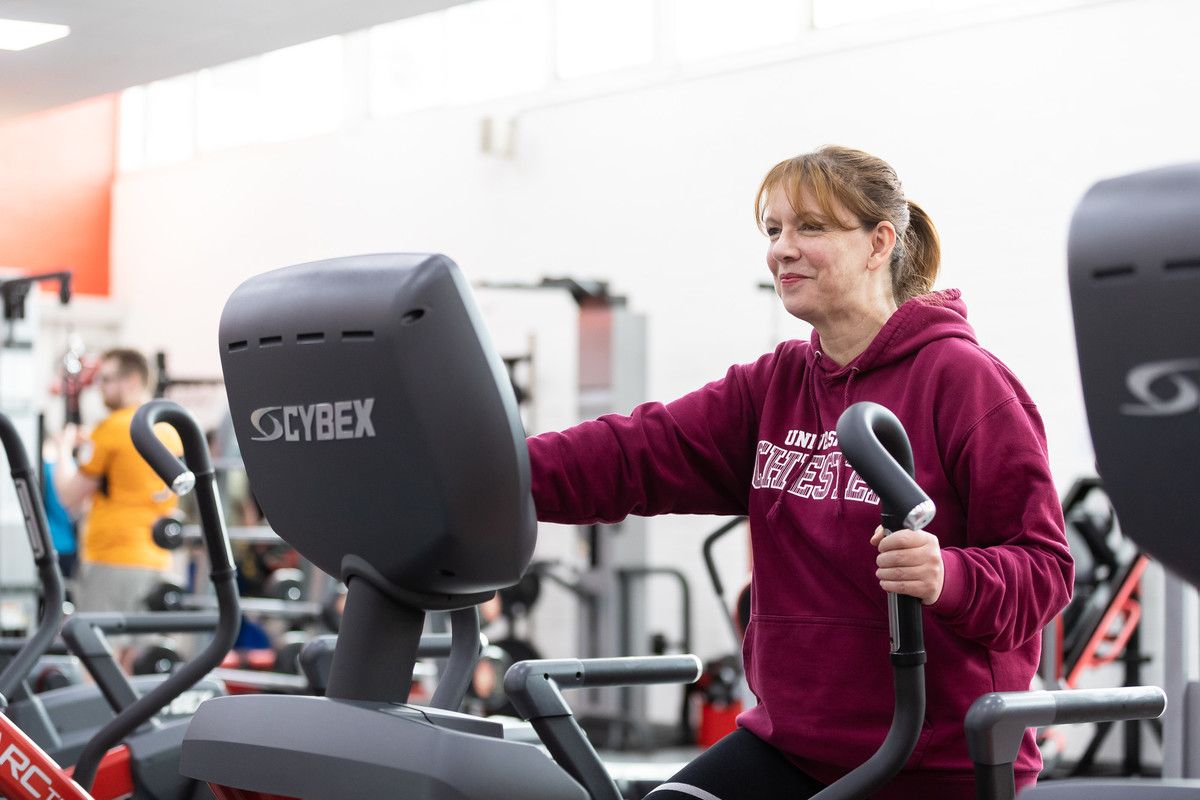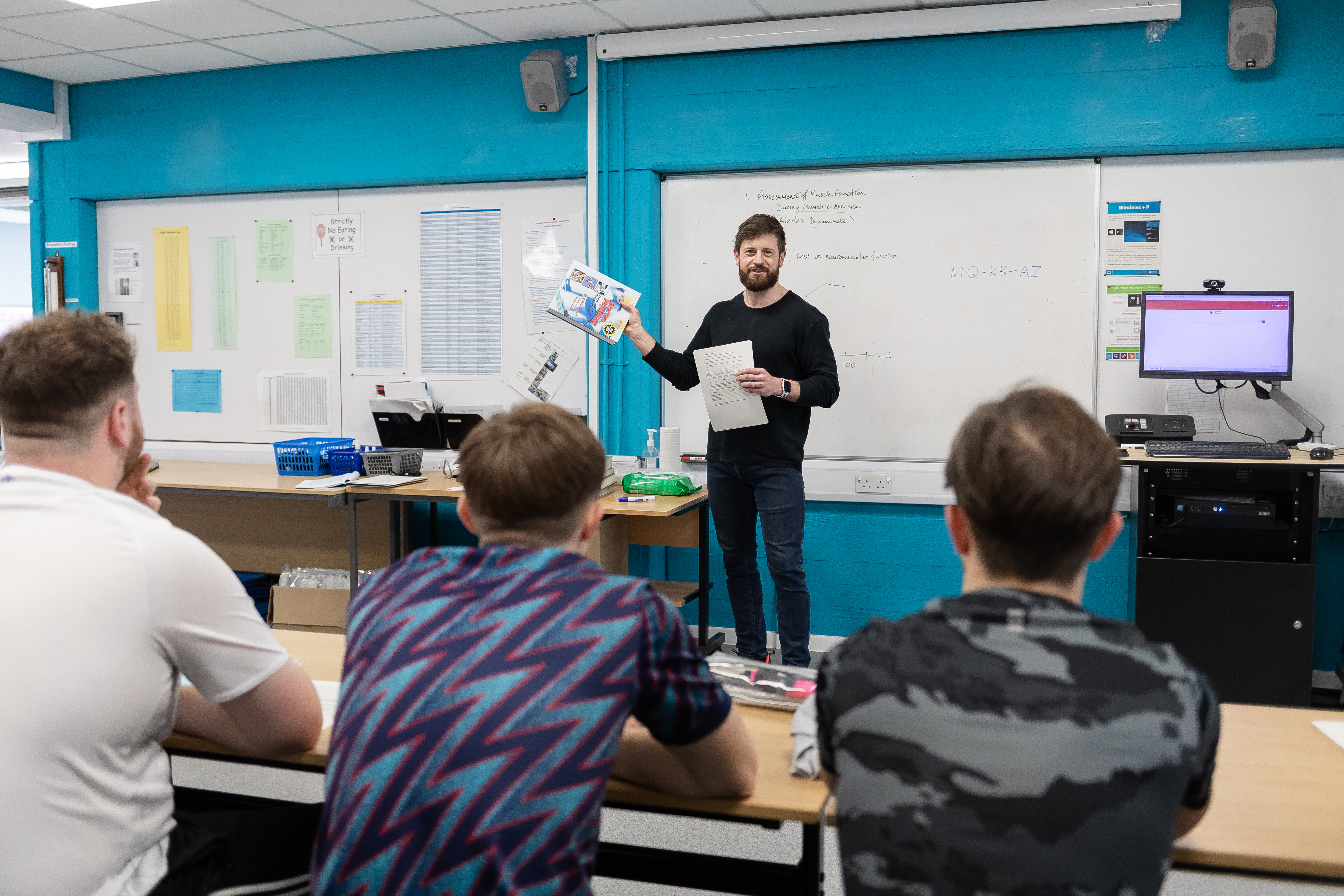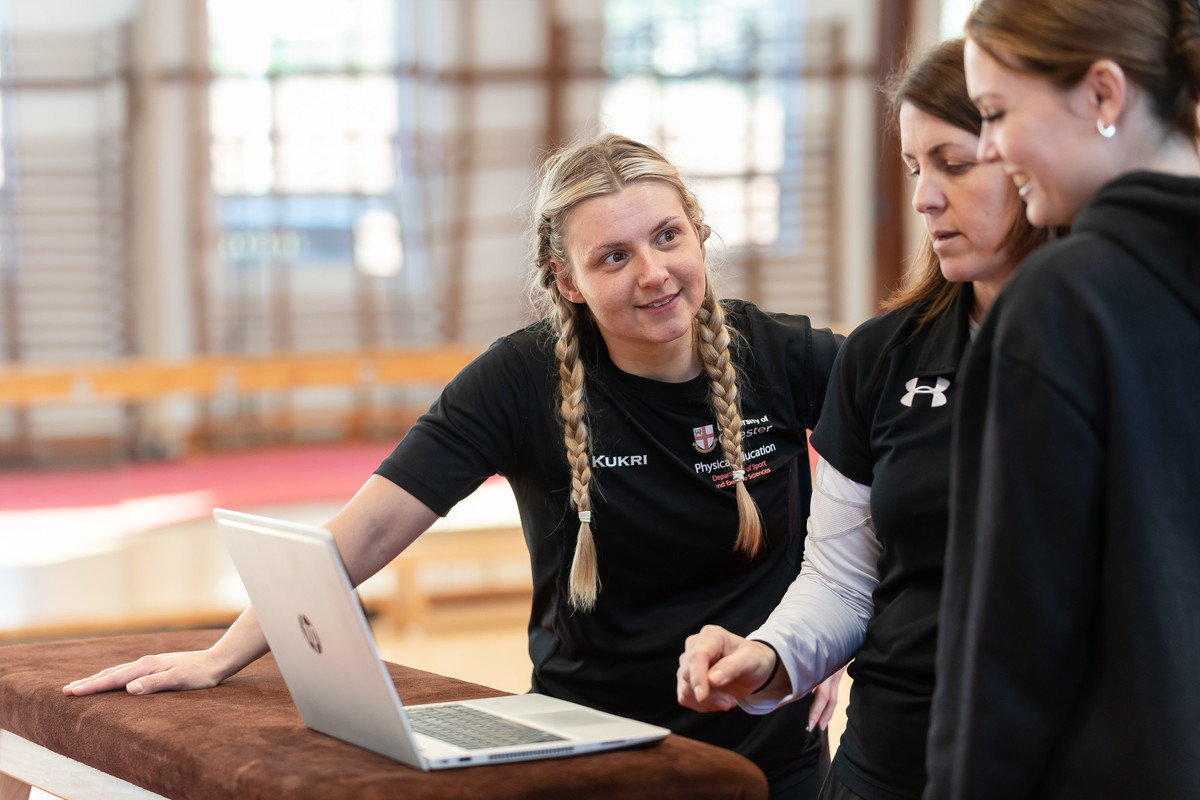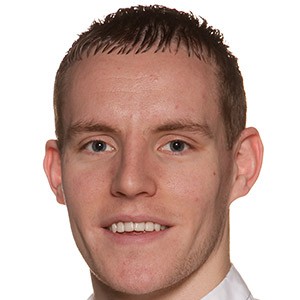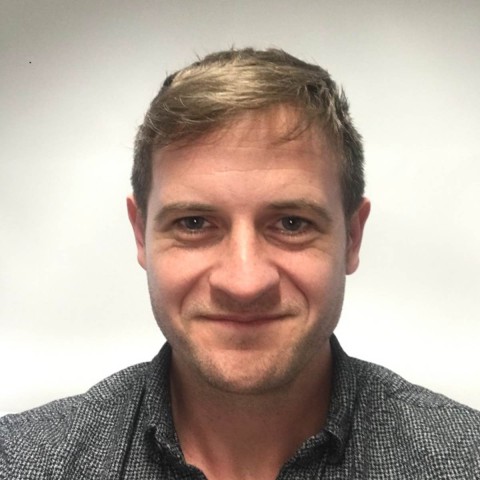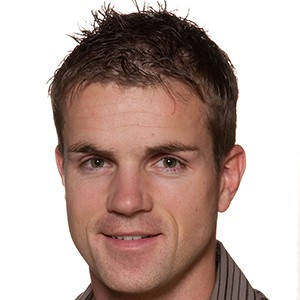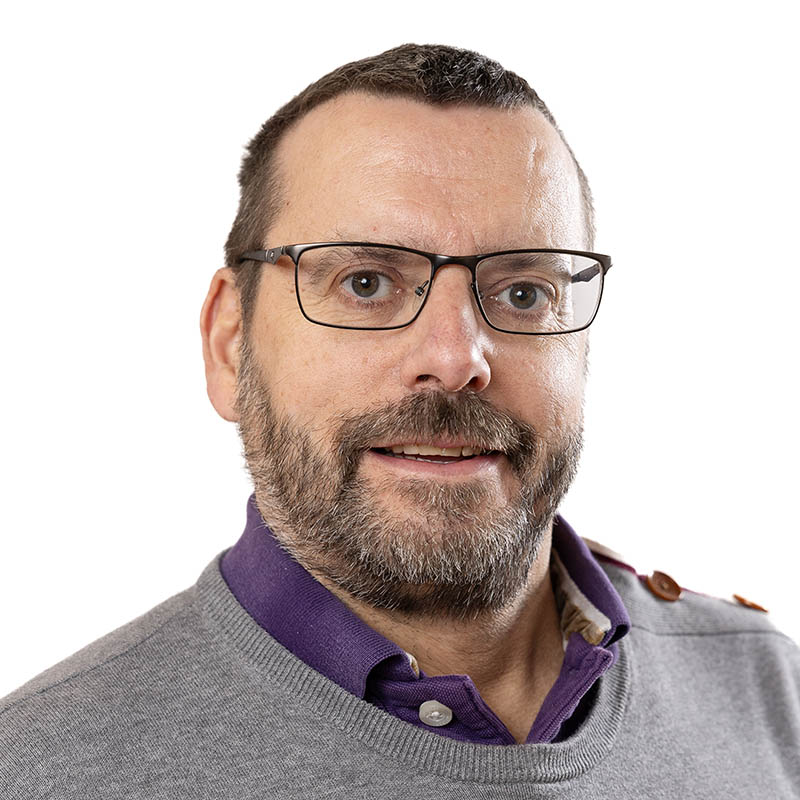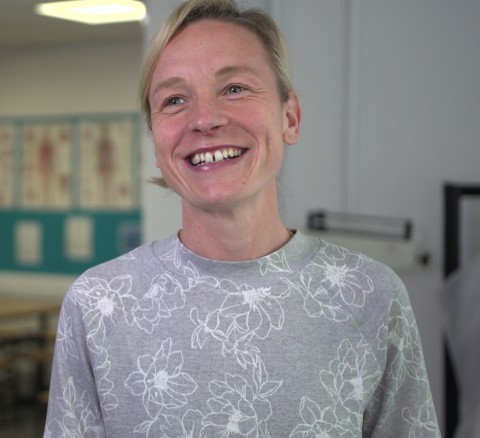Sports Medicine MSc
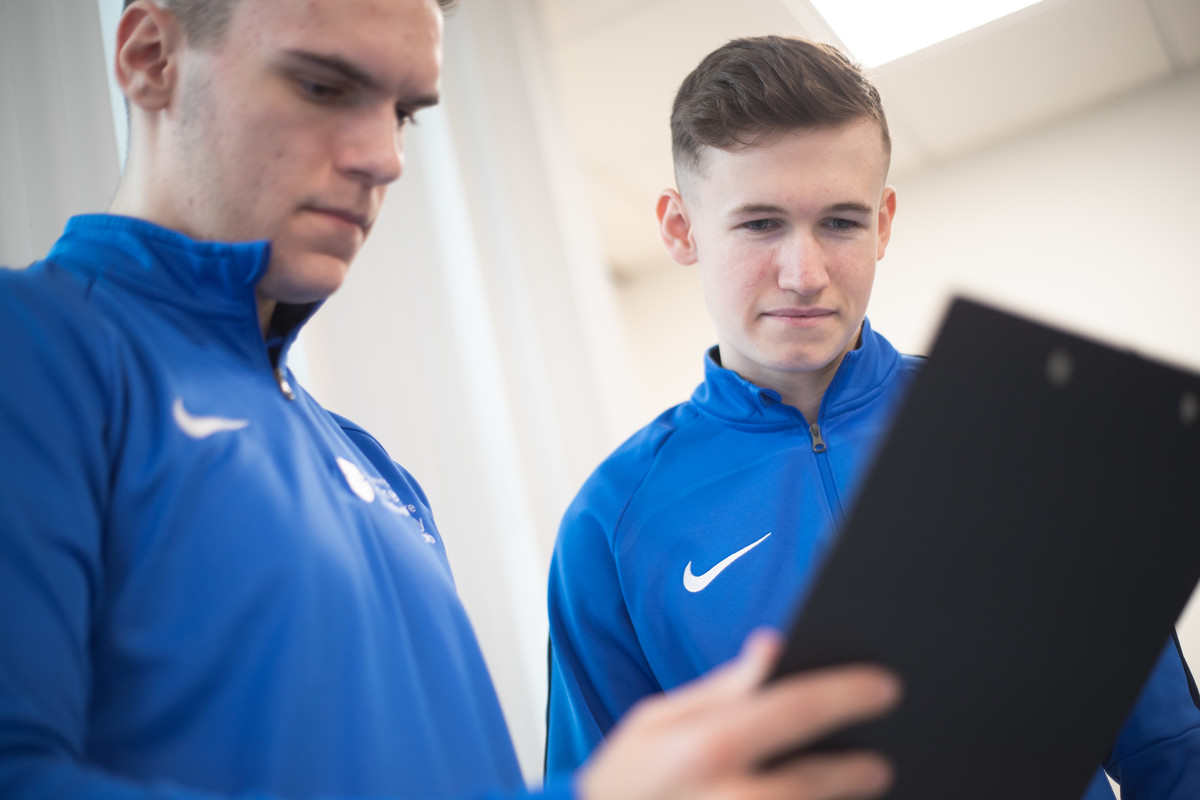
Advance your career in sports medicine with our cutting-edge postgraduate course. The MSc in Sports Medicine offers a rigorous and applied learning experience tailored for professionals and graduates aiming to specialise in sports medicine. Designed for physical therapists, physiotherapists, sports therapists, rehab specialists, sports scientists, aspiring sports physicians, and other multidisciplinary team members, this course provides the skills and insights required to thrive in a rapidly evolving field.
Through our core modules, you’ll develop critical expertise in injury prevention, rehabilitation and sports health, while gaining the foundational competencies needed for accreditation opportunities.
Is This Course Right for You?
Suitable for both recent graduates and current practitioners, this MSc benefits:
- graduates aspiring to begin or advance careers in sports medicine and science
- practitioners, such as physiotherapists, physical therapists, rehabilitation specialists, sports therapists, sports scientists, or strength and conditioning coaches seeking to deepen their expertise.
- those interested in transitioning to research or academic careers within sports and exercise medicine and sciences.
.jpg)
Postgraduate Sports Course Video
What You'll Study
Over the year, as a full-time student you will take six taught modules, including: Research Methods in Sports Sciences; three sports science/medicine generic modules designed to examine practitioner skills, in both academic and applied contexts, allowing you to gain field-based experience of working in an applied setting; three course-specific modules in sports medicine; and one triple-module Research Project in Sport Science.
The information listed in this section is an overview of the academic content of the course that will take the form of either core or option modules and should be used as a guide. We review the content of our courses regularly, making changes where necessary to improve your experience and graduate prospects. If during a review process, course content is significantly changed, we will contact you to notify you of these changes if you receive an offer from us.

How we teach at the University of Chester
Types of assessments include case study work, rehab/exercise plans, oral presentations, discussions, critical reviews and infographics. There are no formal examinations.
Your Future Career
Job Prospects
Many of our graduates pursue careers in applied sports medicine, securing roles with prestigious organisations like the English Institute of Sport or joining professional sports teams. However, several graduates are now working within the NHS as physiotherapists, so prospects are varied. Others advance into PhD programs, contributing to research in sports medicine, or move into academic roles in Further and Higher Education, sharing their expertise with future generations in the field.
Careers Service
The University has an award-winning Careers and Employability service which provides a variety of employability-enhancing experiences; through the curriculum, through employer contact, tailored group sessions, individual information, advice and guidance.
Careers and Employability aims to deliver a service which is inclusive, impartial, welcoming, informed and tailored to your personal goals and aspirations, to enable you to develop as an individual and contribute to the business and community in which you will live and work.
We are here to help you plan your future, make the most of your time at University and to enhance your employability. We provide access to part-time jobs, extra-curricular employability-enhancing workshops and offer practical one-to-one help with career planning, including help with CVs, applications and mock interviews. We also deliver group sessions on career planning within each course and we have a wide range of extensive information covering graduate jobs.
Beyond the Classroom
On this course, you’ll spend time out on placement where you’ll apply what you have learnt to real scenarios in the workplace, giving you genuine experience and insight that will prepare you for your future career.
Entry Requirements
2:2 honours degree
A typical background for an applicant will be someone who has a first degree (minimum requirement of a lower second class honours classification) in Sport or Exercise Sciences, exercise physiology, sports rehabilitation, sports therapy, physiotherapy or physical therapy.
2:2 honours degree
A typical background for an applicant will be someone who has a first degree (minimum requirement of a lower second class honours classification) in Sport or Exercise Sciences, exercise physiology, sports rehabilitation, sports therapy, physiotherapy or physical therapy.
English Language Requirements
For more information on our English Language requirements, please visit International Entry Requirements.
Fees and Funding
£9,090for a full-time course (2026/27)
Guides to the fees for students who wish to commence postgraduate courses are available to view on our Postgraduate Taught Programmes Fees page. Here you will also find information about part-time fees and project/placement year fees.
£15,500for a full-time course (2026/27)
The tuition fees for international students studying Postgraduate programmes in 2026/27 are £15,500.
Please note: For MSc programmes where a placement or project year is undertaken there will be an additional charge of £2,900 for the placement/project year (due at the start of the second year of the course).
The University of Chester offers generous international and merit-based scholarships for postgraduate study, providing a significant reduction to the published headline tuition fee. You will automatically be considered for these scholarships when your application is reviewed, and any award given will be stated on your offer letter.
For more information, go to our International Fees, Scholarship and Finance section.
Irish Nationals living in the UK or ROI are treated as Home students for Tuition Fee Purposes.
